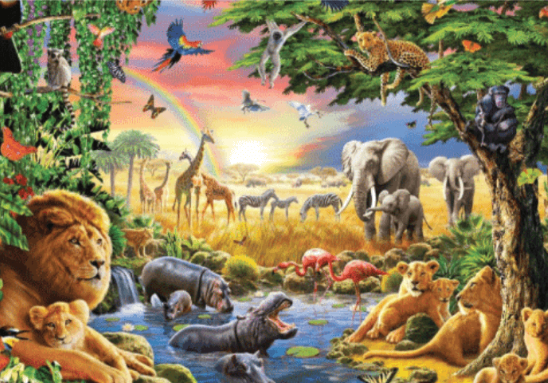Conserving plants and animals is critically important for several reasons. Here's a breakdown of why it's essential:
-
Healthy Ecosystems: Plants and animals are the building blocks of healthy ecosystems. They interact in complex ways, providing food, shelter, and other essential services for each other. Losing a species can disrupt this balance, leading to cascading negative effects throughout the ecosystem.
-
Biodiversity: The variety of life on Earth, known as biodiversity, is vital for a healthy planet. Diverse ecosystems are more resilient to change and provide a wider range of benefits to humans. Conserving plants and animals helps maintain this biodiversity.
-
Clean Air and Water: Plants play a crucial role in cleaning the air we breathe and filtering the water we drink. They absorb carbon dioxide, a greenhouse gas, and release oxygen. Animals also contribute to water filtration and healthy soil, which further impacts water quality.
-
Natural Resources: Plants and animals provide us with a wealth of natural resources, including food, medicine, clothing, and building materials. Conserving them ensures the continued availability of these resources for future generations.
-
Economic Benefits: Healthy ecosystems with diverse plant and animal life support industries like tourism, fisheries, and agriculture. Conservation efforts can create jobs and contribute to sustainable economic development.
-
Ethical and Aesthetic Value: Beyond their practical benefits, plants and animals have intrinsic value. They are part of the natural world we share, and their beauty and existence hold value in their own right.
In conclusion, conserving plants and animals is not just about protecting individual species; it's about safeguarding the health of our planet and ensuring a sustainable future for all living things.

